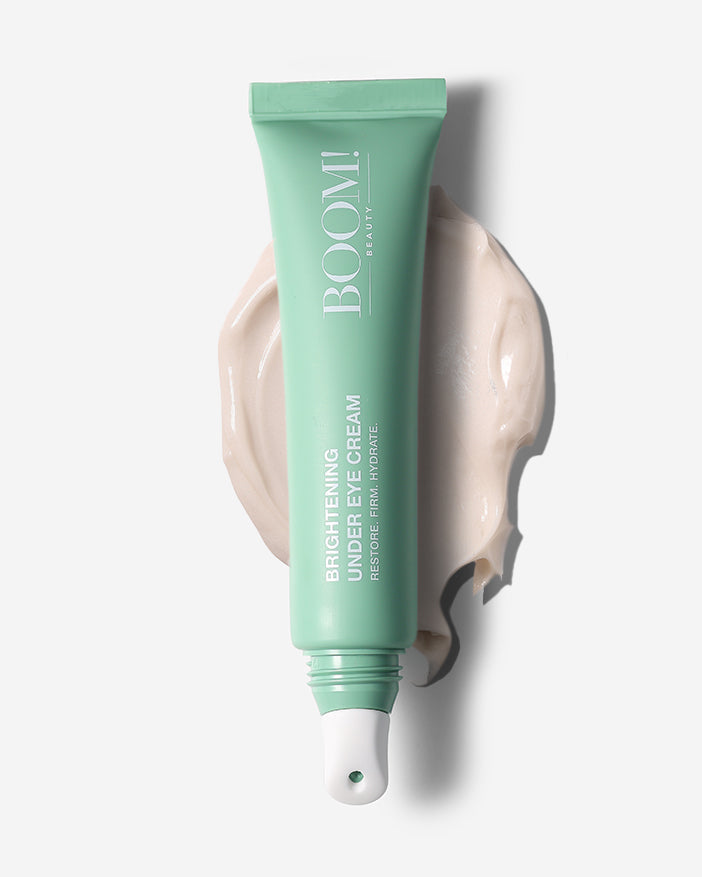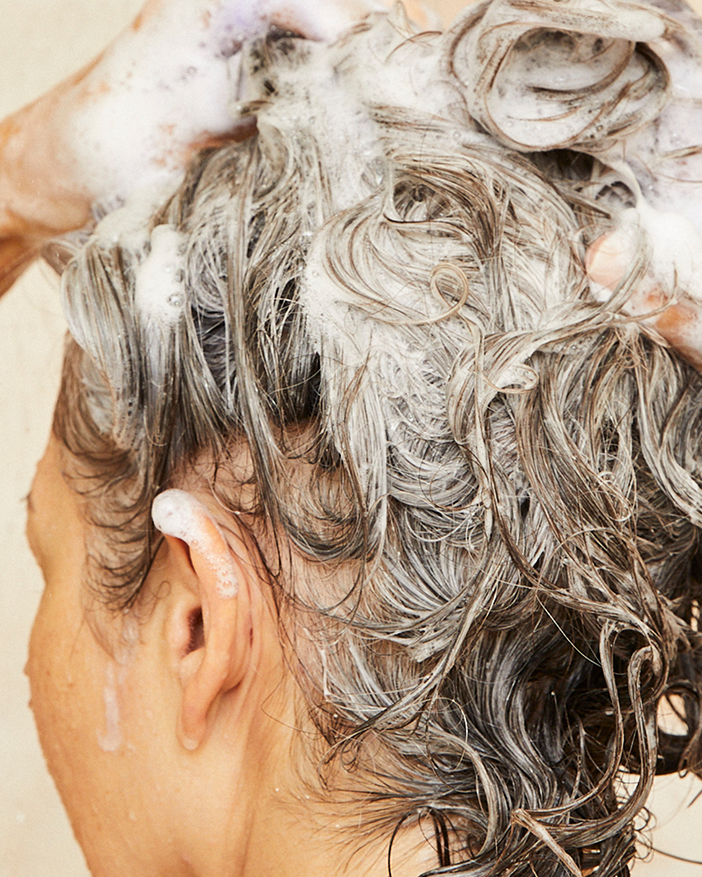Sleep Better, Deeper and Longer with These 5 Tips
Sleep Better, Deeper and Longer with These 5 Tips
Sleep is one of our most basic needs. However, as we age, we tend to get less and less sleep—even though our need for it changes very little.
For women over 50, in particular, getting enough sleep can be a challenge.
As we approach menopause, declining estrogen and progesterone can cause swings in body temperature that can leave us hot, sweaty and awake for hours.
Hormonal shifts can cause changes in mood that affect our sleep. Cortisol also steadily increases after 40, which might trigger anxiety and insomnia.
Getting enough sleep can benefit almost every part of our health and well-being. But if sleep eludes you…what can you do?
In addition to seeing your doctor, there are a few ways to help ensure you get the most sleep possible. We share five below.
1. Design a bedtime routine.
If you’ve ever put a small child to bed, you probably know it’s common for them to have a bedtime routine—a series of steps or activities that helps them settle down and prepare to sleep.
You might not know that adults, just like children, can benefit from a bedtime routine.
To create yours, choose a time for your routine to begin. Ideally, your bedtime routine should begin at the same time each evening. A consistent bedtime helps your body know when to relax and prepare for sleep based on your routines.
Then, at least an hour before bedtime, turn down the lights in your home and turn off screens, including your television. Stay off your phone as much as possible. Switch to soothing music or nature sounds, or pull out a book to read instead.
If you must be on your phone for some reason, try setting up a blue light filter or engaging “bedtime mode,” if your phone has one.
Next, include one or two other relaxing, soothing activities in your bedtime routine, like needlework, painting or sipping a cup of caffeine-free tea.
Finally, if you tend to get hungry around bedtime, have a light snack. A balanced snack with protein, carbs, and a small amount of fat can help keep you satisfied and prevent hunger when you’re trying to fall asleep.
2. Get regular exercise 2+ hours before bedtime.
Regular exercise has a lot of benefits. Better sleep is one of them.
Walking, running, playing golf, tennis or any other form of exercise can help you sleep longer and, just as importantly, can improve the quality of your sleep.
Moderate aerobic exercise has been shown to increase the amount of deep sleep we get—that’s the rejuvenating sleep we need to feel truly rested in the morning. It’s important to time your exercise to end at least two hours before bedtime so your heart rate has time to recover before sleep.
Allowing plenty of time between exercise and sleep also allows your body to cool down…which is especially important if you suffer from hot flashes or night sweats.
3. Take a hot shower followed by self-massage.
A hot bath or shower before bedtime can help you relax, sure—but it also helps with sleep in a surprising, and seemingly contradictory, way.
We sleep best when our body’s core temperature cools 2-3 degrees before bed.
A short, hot bath or shower helps facilitate this drop by bringing your blood to the surface of your skin, allowing you to dump core heat outside the body before sleep.
Studies showed that this technique works best with a water temperature of about 104 degrees Fahrenheit and when the bath or shower was taken 1 to 2 hours before sleep.
Afterward, give yourself a gentle self-massage with a luxurious all-natural lotion, like Boomsilk®.
Self-massage with lotion further calms the nervous system and can help hydrate and restore your skin after your bath or shower.
4. Create a haven for rest and relaxation.
Next, create a haven for rest and relaxation in your bedroom.
Ideally, your bedroom would be used only for sleep, not other activities like reading or working.
If that’s not possible, try partitioning an area of your room for other activities and leaving the bed area for sleep alone.
When you come into your room at night to sleep, continue to keep all screens off.
Keep the lights and the temperature low—studies show the optimum room temperature for sleep is between 60 and 67 degrees.
If possible, ensure you have clean, comfortable bedding and try to keep your room organized and neat so you don’t feel the urge to tidy up.
Together, these steps will help make your bedroom a haven for restorative sleep.
5. Breathe deep before sleep.
Lastly, before you try to sleep, try a few deep-breathing exercises.
Deep breathing can help clear your mind of worries and stress and help release any tension held in your body. One easy technique to try is the 4-7-8 method.
A variation of a yogic practice called pranayama, the 4-7-8 method helps you relax and replenish oxygen before sleep. The best part is, you can do it in bed.
When you’re all ready for sleep, lie down in bed and turn off the lights. Begin by closing your eyes and releasing your breath with a “whoosh” sound. Then, breathe in for four seconds. Hold your breath for seven seconds. Finally, release your breath with a “whoosh” for a count of eight seconds.
Repeat this four to eight times before sleep.
If this technique doesn’t work, there are many others to try. Keep searching until you find the right method for you.
We hope these suggestions will help you drift into sleep quickly and easily…for a night full of beautiful dreams.
What do you think of these ideas? Do you have any tips for sleeping well? We invite you to share them in the comments below.
Do you do anything different with your makeup in spring? Share your tips in the comments below.
CHECK OUT OUR MOST POPULAR CONTENT
































